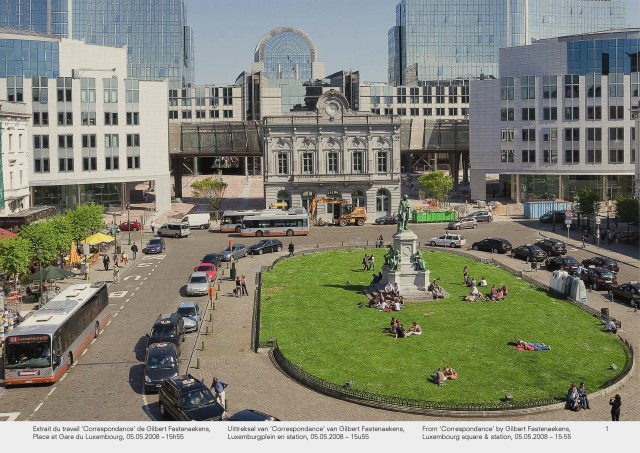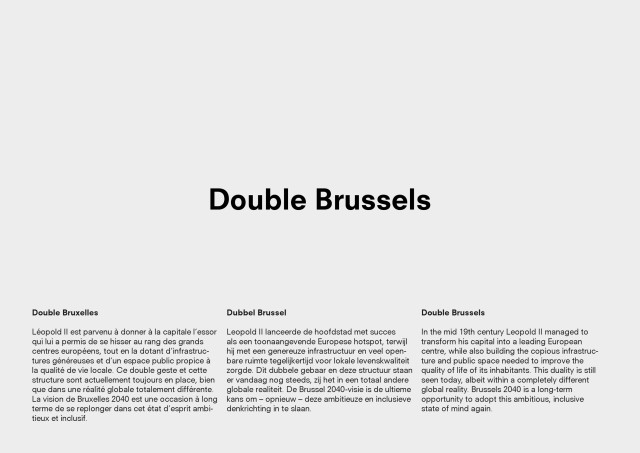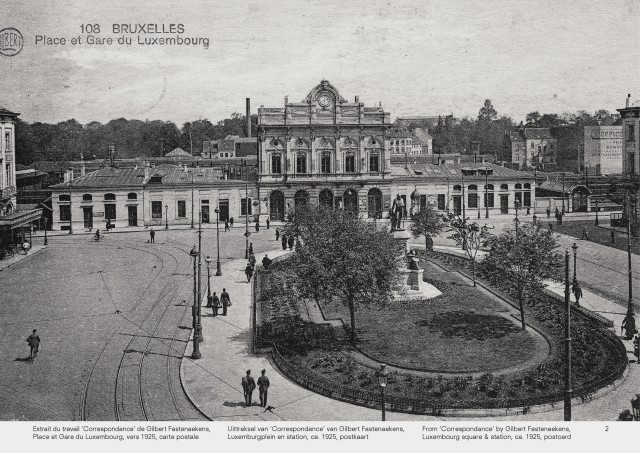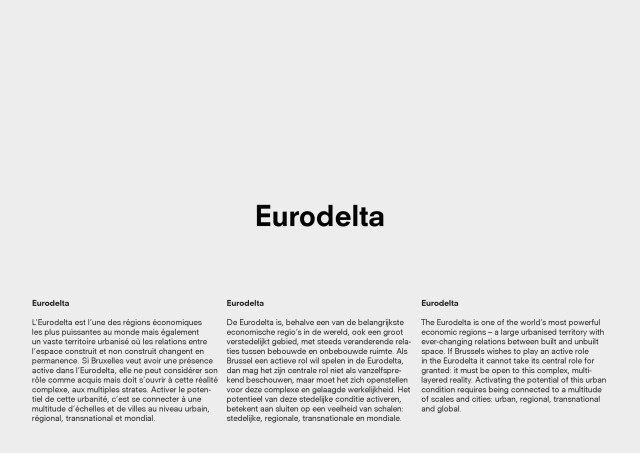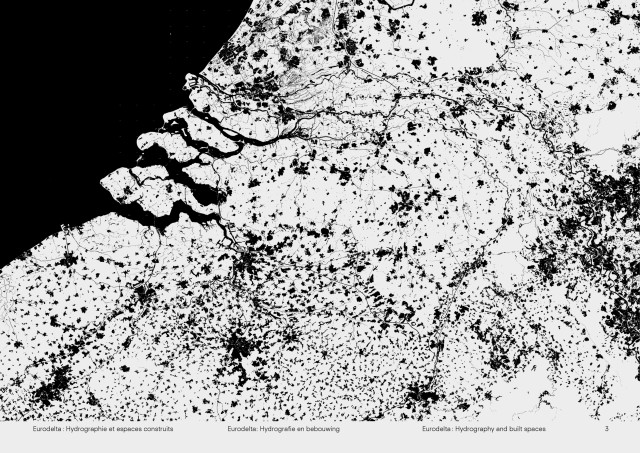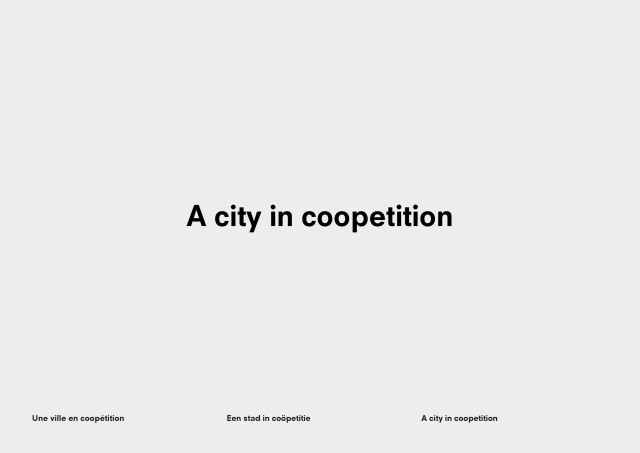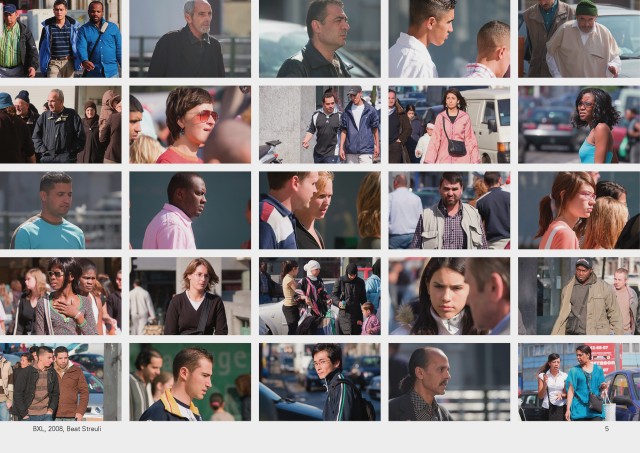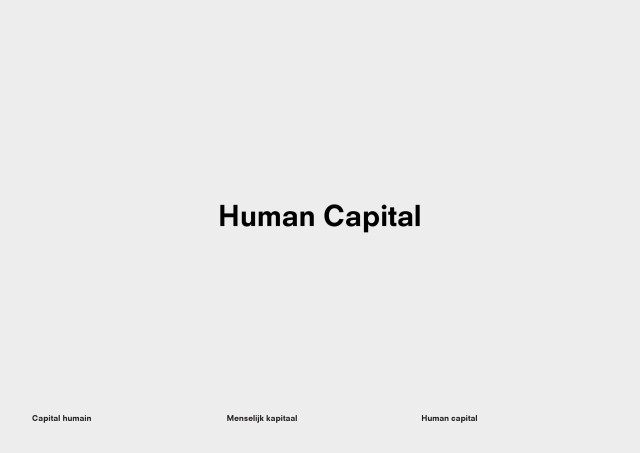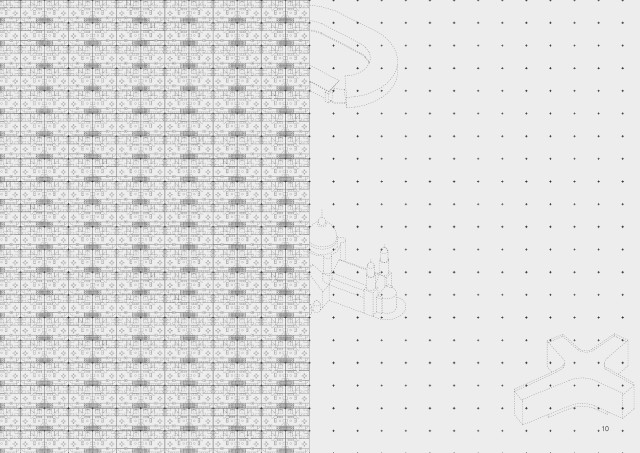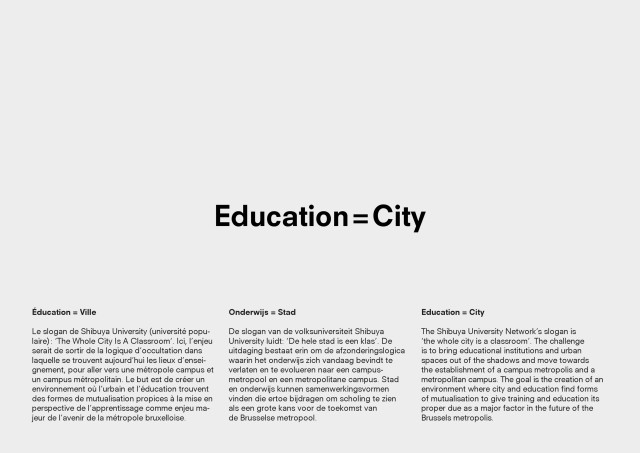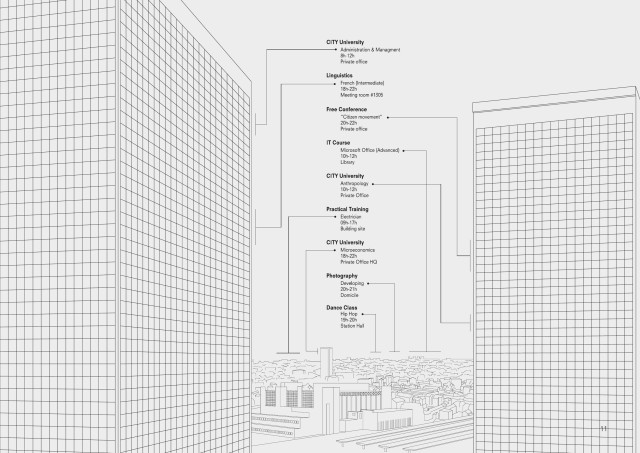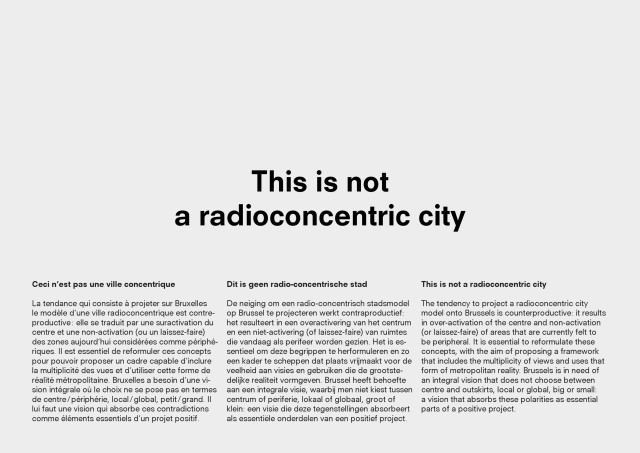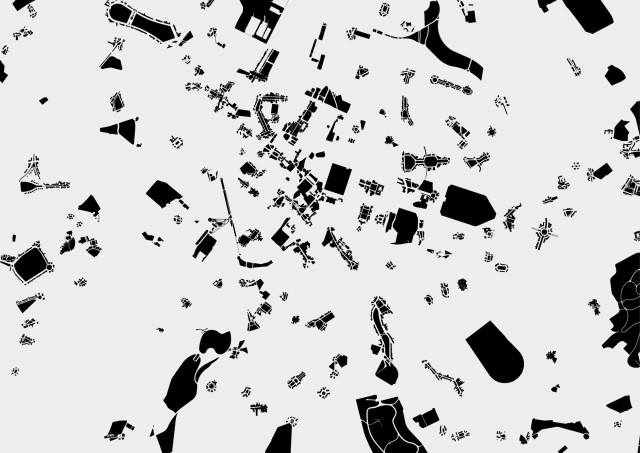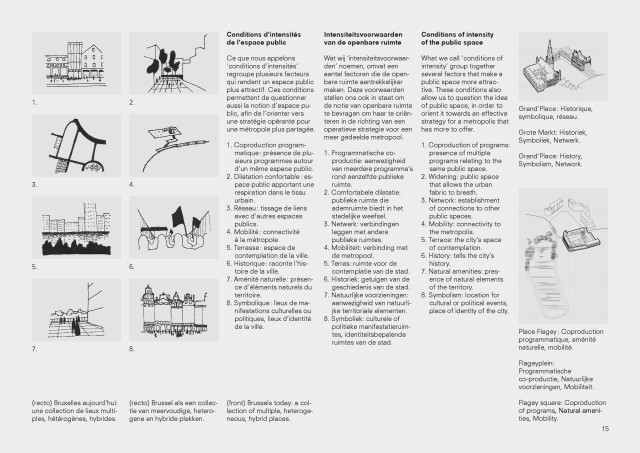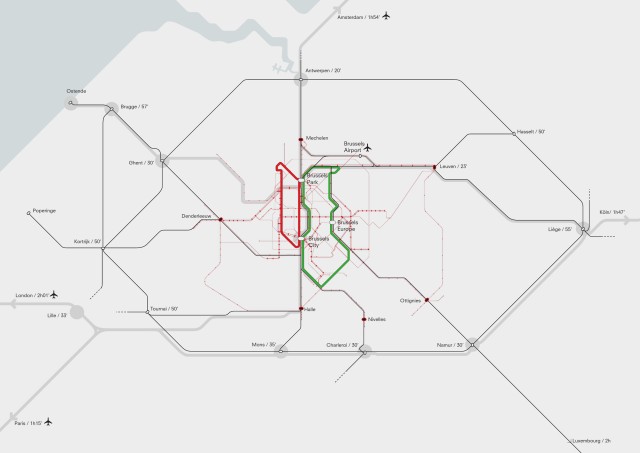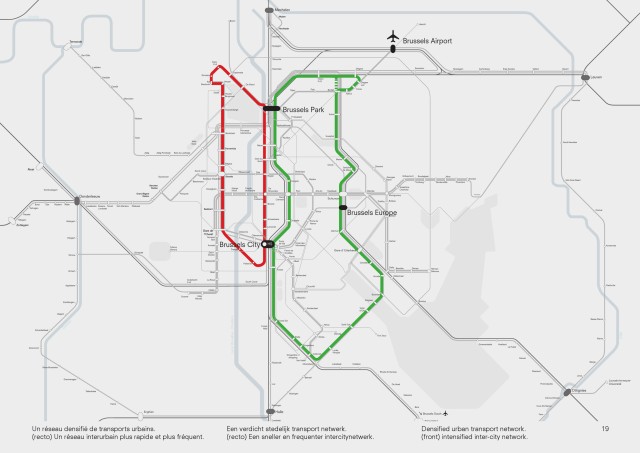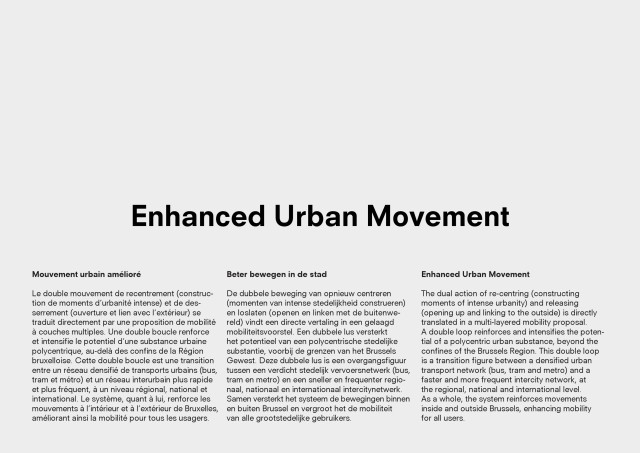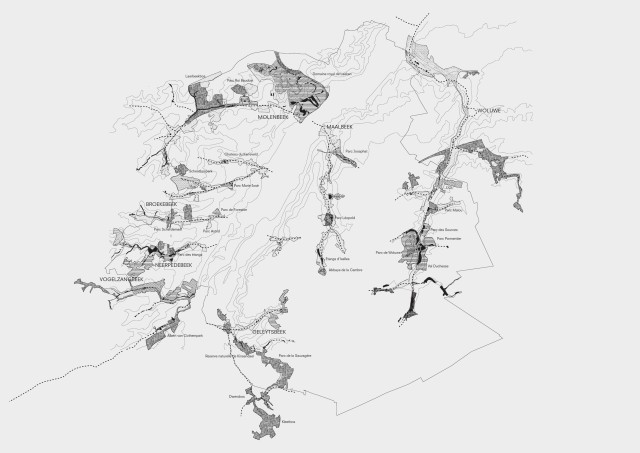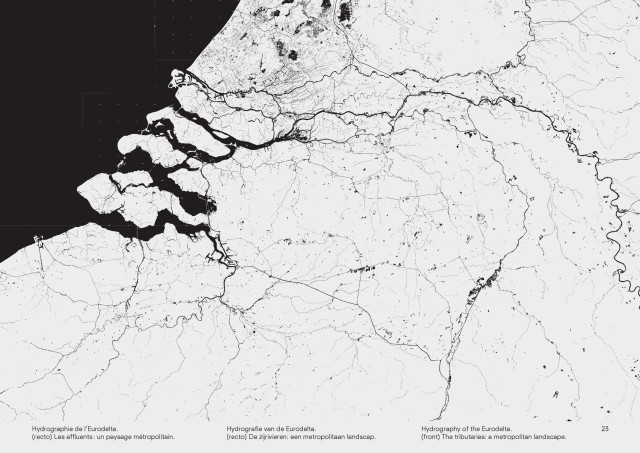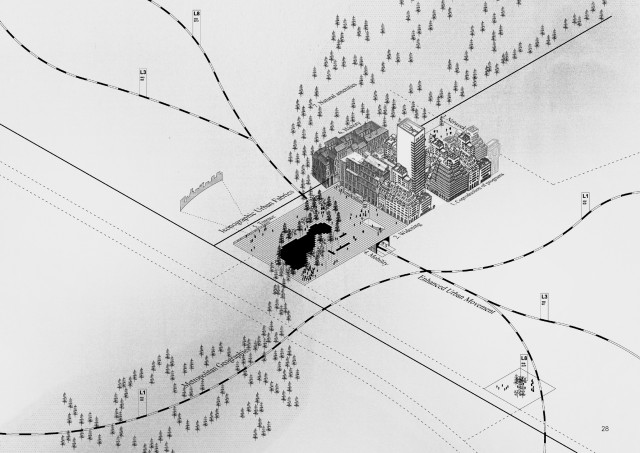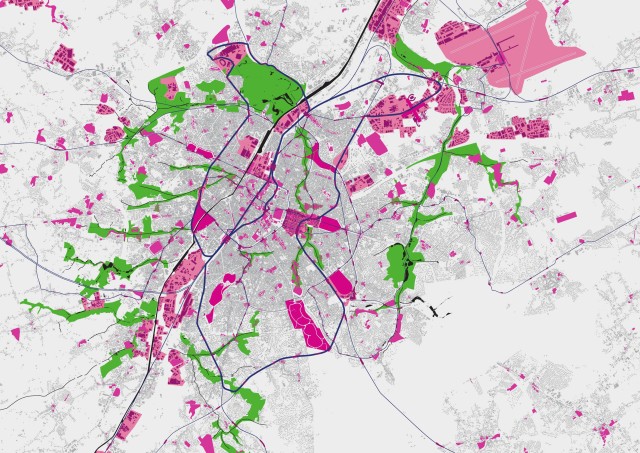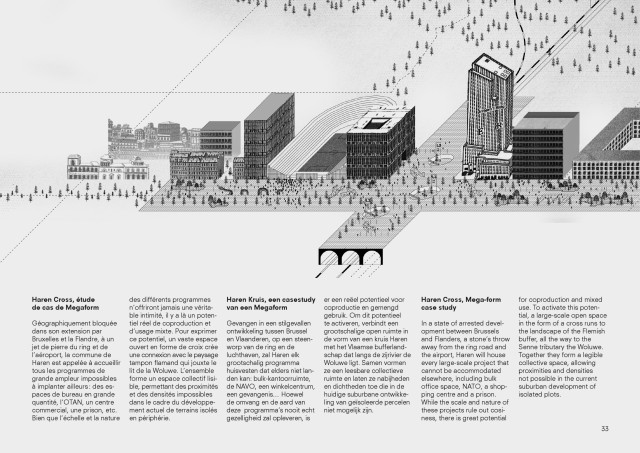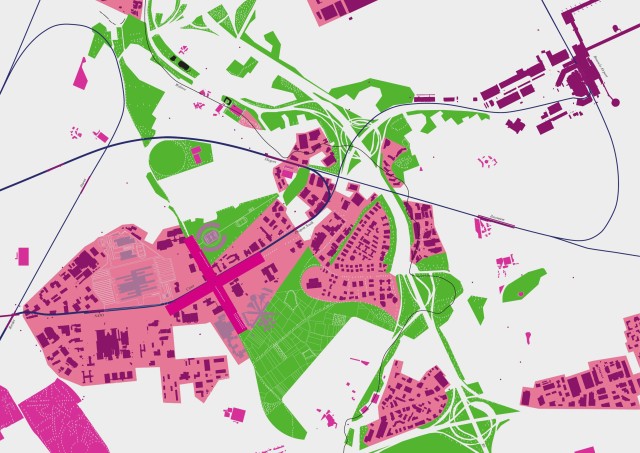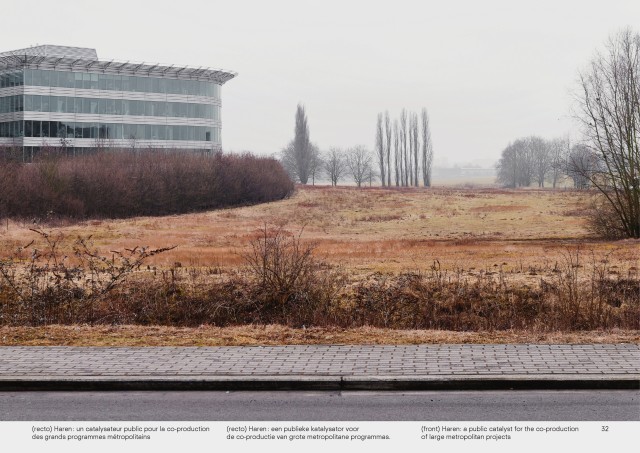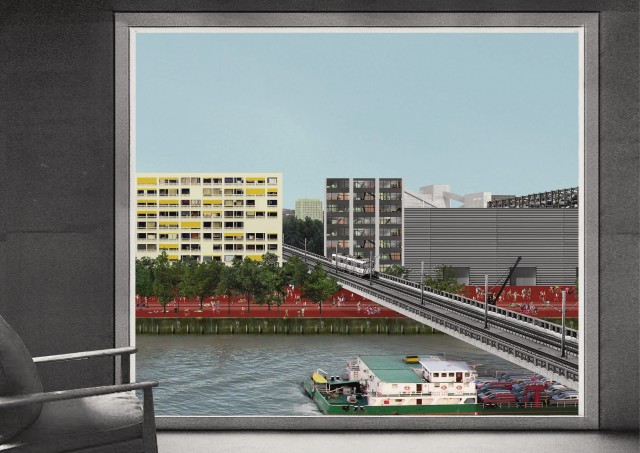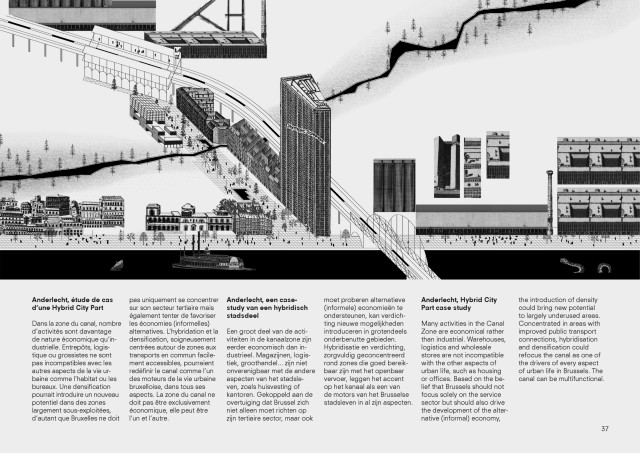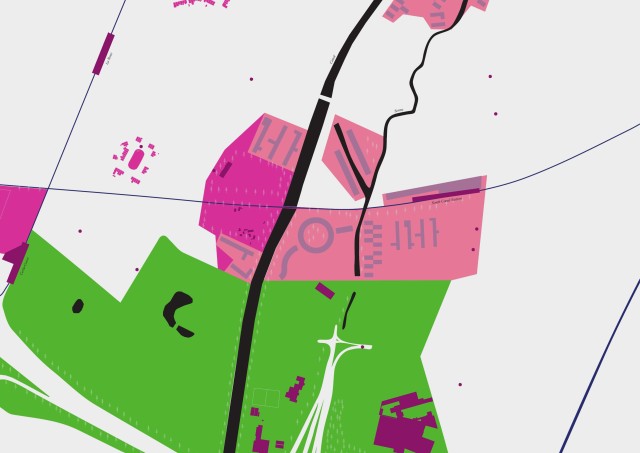Brussels 2040
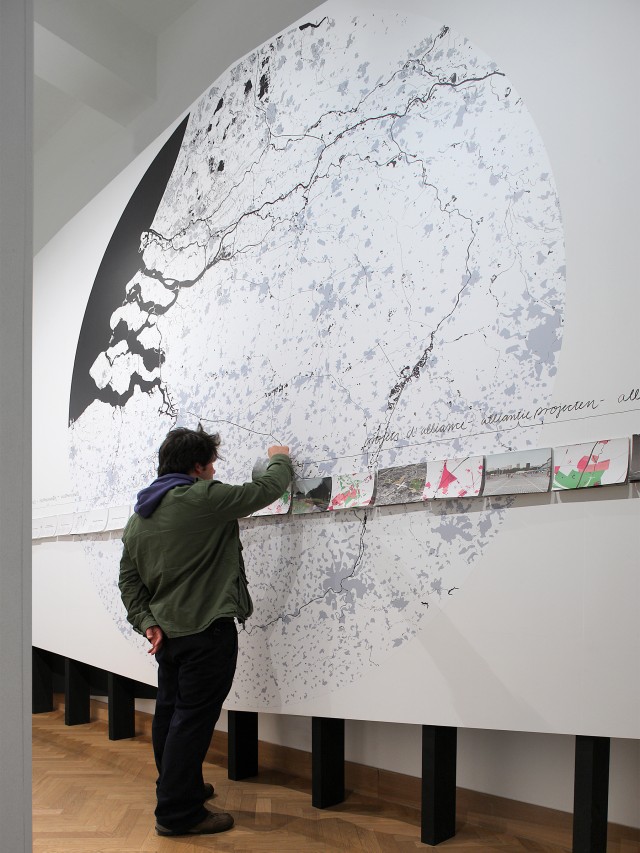
The vision is based on a critical reading of the economic and territorial field that Brussels is a part of: the Eurodelta, a dense network of small cities. In this network, Brussels has two advantages: its connectivity to other cities both inside and outside the network, and the critical mass of the city itself (a true world or global city).
A critical step in seizing the potential of Brussels is to embrace this double reality that characterizes the city.
The first advantage – its connectivity to other cities – is today already well established. This is not the most critical issue for Brussels. The second advantage – the critical mass of its urban fabric and the potential population it can house – is today largely underdeveloped. That’s why the study focuses largely on this aspect: the reactivation of Brussels as an efficient, compact and multiple city.
The vision is prospective: a statement about how we see the future, about how to develop the specific potential of Brussels as a global metropolis in a large territory. It is open enough to deal with the unexpected, but also clear enough to define ambitions and highlight priorities for the development of Brussels by the year 2040.
-
Location
Brussels, Belgium
-
Client
Brussels Region - AATL
-
Competition
2010-2011
-
In collaboration with
l'AUC, BBS, MINT, URBAN SOLUTIONS, CHOROS
-
51N4E project team
Johan Anrys, Freek Persyn, Peter Swinnen, Yannick Vanhaelen, Vesna Jovanovic, Georgios Eftaxiopoulos, Matthieu Moreau, Olivier Roegiest
-
Image credits
51N4E / l’AUC / BBS
